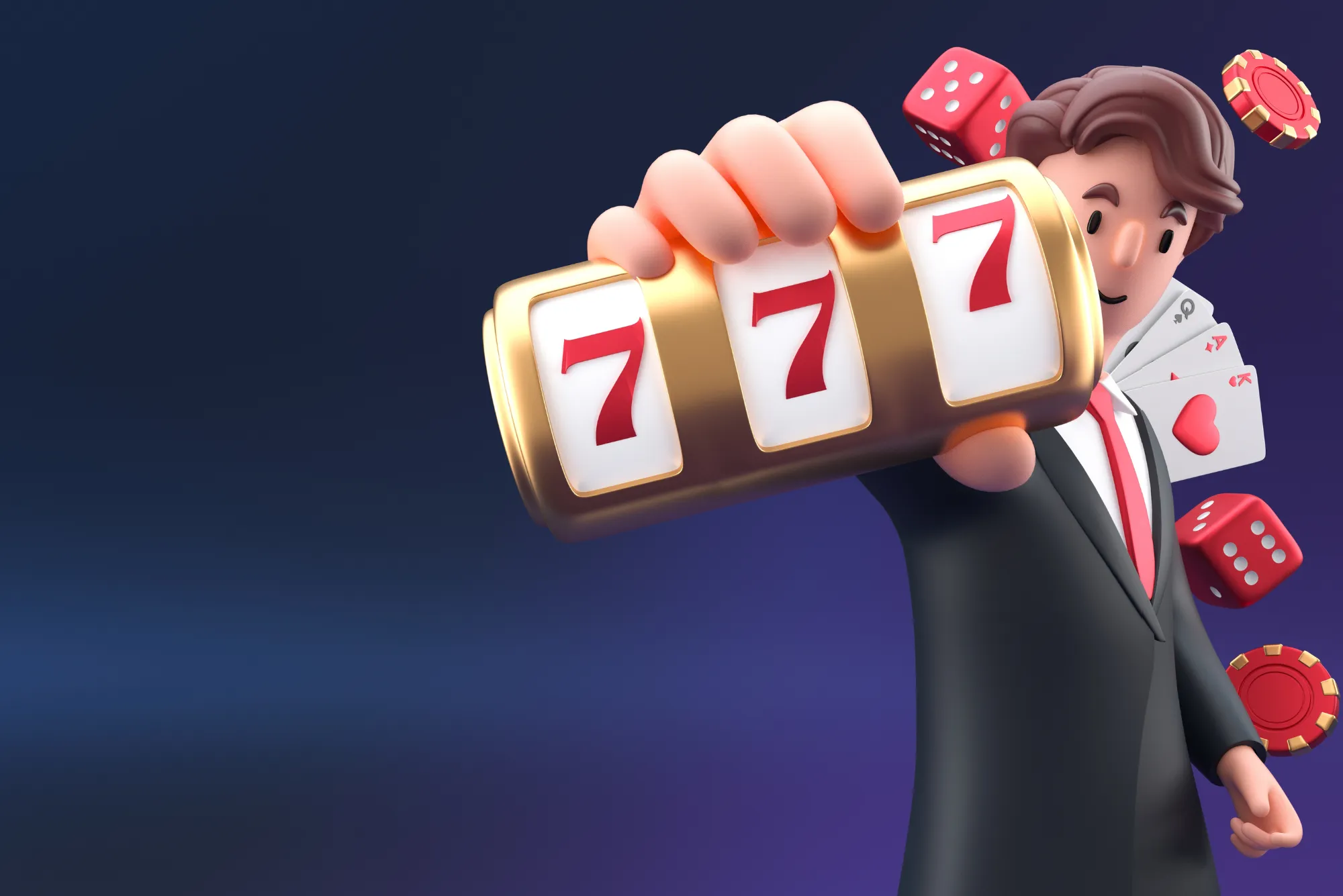Betting odds are often presented as the product of statistics, data models, and mathematical precision. Bookmakers rely on algorithms that factor in player performance, historical results, weather conditions, and dozens of other variables to generate accurate lines. But beneath the surface, psychology plays an equally powerful role in shaping how odds are set and how bettors interact with them. If you’ve ever wondered why certain odds seem shorter than logic suggests, or why favorites are consistently backed heavily by the public, the answer often lies in human behavior as much as in raw data.
The Role of Market Psychology in Setting Odds
Bookmakers don’t simply calculate probabilities and post them as odds. They must also account for how the betting market will react. Odds are designed to balance the book, ensuring that wagers are spread in a way that protects the bookmaker’s margins. This means that public perception, emotional attachment to teams, and betting patterns all influence the final numbers.
For instance, popular teams like Manchester United or Real Madrid often attract disproportionate betting volume from loyal fans. As a result, their odds may shorten regardless of whether the data supports such confidence. In this way, betting odds reflect collective psychology just as much as they do probability. The emotional influence is similar to how players behave in environments like casinos not on gamstop, where decision-making is driven by both logic and psychological impulses. Bettors don’t always act rationally, and odds are adjusted to account for that.
Emotional Triggers That Shift Betting Behavior
Sports are filled with moments that ignite strong emotional reactions. A red card, a sudden injury, or even a substitution can cause bettors to rush in with wagers. Bookmakers anticipate these psychological surges and adjust odds accordingly. This is why live betting odds sometimes shift faster than the actual probability changes—because they’re responding to bettor behavior as much as to the game itself.
The same applies to underdog stories. Bettors love the idea of a Cinderella victory, and the emotional weight behind an underdog run can lead to shorter odds, even if the statistical chance remains slim. These shifts are a reflection of human hope and narrative, not pure probability.
Herd Behavior and Public Influence
Another psychological factor at play is herd behavior. When bettors see odds shortening or learn that a large percentage of the public is backing one side, they often follow suit. This can create self-fulfilling trends where odds move more because of betting patterns than because of real-world changes on the field.
Bookmakers use this knowledge to their advantage. By moving odds in response to heavy betting, they not only protect themselves but also manipulate psychological cues to influence further betting activity. It’s a cycle where human behavior continuously feeds back into the odds-making process.
The Illusion of Value and Risk
Psychology also plays a role in how bettors perceive value. Odds that appear to offer “easy money” on heavy favorites often attract large volumes of small wagers. Meanwhile, long odds on underdogs play into the dream of a big payday. Both ends of the spectrum appeal to psychological biases—security on one side and hope on the other.
Savvy bettors understand that these biases distort true value. They look for moments when public sentiment has skewed the odds too far in one direction, creating opportunities to find value where others only see risk. This demonstrates how betting odds are not fixed truths but reflections of the constant tug-of-war between data and psychology.
The Future of Psychological Influence on Odds
With advances in artificial intelligence and data analytics, bookmakers are becoming even better at predicting not just outcomes but also bettor behavior. Algorithms now track market patterns in real time, identifying when emotional surges are likely to occur and adjusting odds preemptively.
At the same time, greater awareness of psychological influences is helping bettors become more disciplined. Responsible gambling tools and educational initiatives encourage players to recognize when emotions are driving their decisions. While technology may increase the sophistication of odds-setting, human psychology will always be part of the equation.
Final Thoughts
Psychology influences betting odds far more than most people realize. Behind every number lies not only a calculation of probability but also an assessment of how bettors are likely to respond. From fan loyalty and herd behavior to emotional reactions and risk perception, human psychology shapes both the odds we see and the wagers we make.
For bookmakers, this means balancing books while anticipating human behavior. For bettors, it means recognizing when emotions are distorting reality and learning to spot genuine value. In the end, betting odds are less a reflection of absolute truth and more a mirror of our collective hopes, fears, and decisions.







